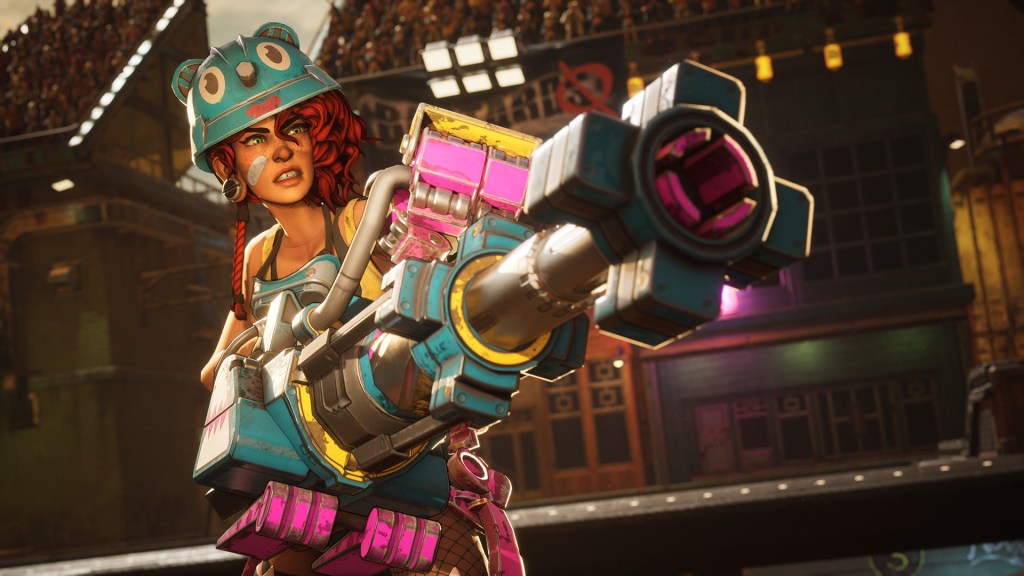
Earlier today, the heads of Microsoft’s Xbox division revealed Muse, a generative AI model that intends to create both visuals and gameplay for games.
The model, which was trained on the largely forgotten Ninja Theory multiplayer game Bleeding Edge, is not a shocking leap for Microsoft’s Xbox division. The company as a whole, from CEO Satya Nadella down, has wholeheartedly embraced generative AI in all its initiatives. It was only a matter of time until the Xbox division would have to follow suit.
But it does come after a recent game developer survey of 1500 developers in a State of the Industry report statin that 30% of developers have a negative opinion of generative AI. It can be argued back and forth whether generative AI is here to stay or not, the developers making games seem to have an increasingly hostile reactions to generative AI replacing ideation processes.
But Microsoft is not alone in pursuing this, either. Capcom recently spoke about using generative AI for the idea phase of game development, arguing that the thousands of small decisions that go into games can be automated so as to phase out the tedium of game development and free up time and bandwidth to focus on the creativity of it. It does stand to reason that a model like Muse, which absorbed hundreds of hours of a game created by people, still needs people to create those ideas for anything to work at all.
It also begs the question: should Microsoft even care what developers think right now? As both a platform holder and arguably the largest third-party publisher in the industry, tackling modern design complexity and trying — like Capcom — to make it both cheaper and more efficient is likely of paramount importance for them in the coming years. As an example, the latest Fable project from Xbox Games Studio supposedly began work in 2018 and, as of writing, still does not have an announced date.
Would generative AI fix that or make it faster? Unknown. But games are taking longer and longer to develop and there is only so long that can be tenable for Xbox head Phil Spencer.
Also Read: Microsoft’s Muse AI builds game worlds by watching you play
For Xbox’s part, “preservation” is a key part of their argument for Muse. In the initial statement, Fatima Kardar, corporate vice president of gaming AI at Microsoft, argued that Muse could make older games accessible to modern audiences without much work regardless of hardware advancements. This would, under Kardar’s reasoning, make the opportunity cost spent on remasters and backwards compatibility engineering moot. But nothing Xbox showed regarding Muse today bore that out.
In coming out publicly with such a big marketing push for Muse, it seems Xbox is trying to serve the two masters of shareholders and futurists. That’s all well and good, but it is important to remember that Muse had to train off hundreds of hours of a game created by people in Cambridge that the audience mostly did not connect with. If all of the elements in that equation are not happy, what can the end product be called except a compromise?
Author: Imran Khan
Source: Venturebeat
Reviewed By: Editorial Team



